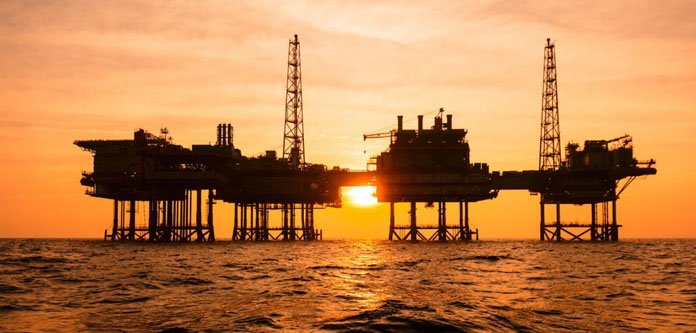COVID-19 has delivered a significant blow to global economies with the Oil and gas projects across Africa shown to be particularly vulnerable.
In the 2019, the edition of the Africa Oil and Gas report by PWC showed many Oil and gas projects across Africa trend lines were heading towards positive territory for the first time in many years. Africa confirmed itself as a global exploration hotspot in 2019 with key projects primarily from West and East Africa advancing to exploration and development.
These mega projects included:
- BP’s final investment decision (FID) on the Greater Tortue Ahmeyim (GTA) development between Mauritania and Senegal
- Preparation for first gas exports in 2022 from the Eni-operated Coral South floating LNG project in Mozambique
- Anada0rko’s FID announcement on its Area 1 Mozambique LNG onshore export terminal project
- Total’s launch of the Egina floating production, storage and offloading (FPSO) vessel in Nigeria
- Shell’s Bonga South West offshore field also in Nigeria, which was expected to reach FID in 2019, which still has not
READ: Field operations begin at Muzarabani oil and gas project in Zimbabwe
The 2020 COVID-19 disruption has, however, reversed many of the sector gains and seen project delays and cancellations. Many oil and gas majors in Africa (including BP, Shell, Total, Eni and ExxonMobil) have announced that start-up dates of their major projects are expected to be delayed by 1–3 years and smaller projects may be cancelled.
Nigeria, Mozambique, Senegal, Kenya, Mauritania and Uganda are faced with project and FID deferrals, while two of Total’s projects in Angola are facing outright cancellation.
Further examples of projects at risk are in Tanzania where, despite having world-class reserves in blocks owned by Equinor and Shell, no major LNG production has yet to be realised. Following COVID-19, both these international oil companies (IOCs) have stated their intentions to diversify further into renewables and move away from hydrocarbons. The financial capability to fund mega-billion-dollar projects has also been called into question with Shell recently reporting major financial losses and announcing a significant reduction in its global workforce.
Oil and gas projects currently facing delay or cancellation
- The Greater Tortue Ahmeyim gas megaproject – Commercial production is re-scheduled for 2023.
- FIDS on the Yakaar and GTA Phase 2 satellite fields of the gas project will also likely be postponed until 2023.
- Sangomar 1 oil field project – oil in the Senegal offshore field might be delayed by1 to 2 years
- Tilenga project on Lake Albert – FID deferred until 2020
- South Lokichar projects – FID and first commercial production could be deferred to 2021/2022
- Coral FLNG – production re-schedulesin 2023
- Area 4 LNG – first production re-schedulesto 2027
- The Pecan oil field development has been put on hold
- Contract for the Maersk Venture drillship will be terminated 19 months earlier
- The Bonga Southwest Aparo – FID coukd be deferred for 2021/2022
- Zinia Phase 2 project – Development has been suspendedTotal and Chevron• have cancelled rigs contracted with Valarís plc
Despite these setbacks, African producers are pushing forward with developments with Uganda, Algeria and Angola announcing that they’ll be moving forward with large-scale projects.
ALSO READ: How oil and gas is contributing to the global COVID-19 battle
Tanzania and Uganda signed an agreement allowing for the construction of a 1,445 km crude oil pipeline that will connect Uganda’s oilfields to Tanzania’s port of Tanga.
Algeria’s Sonatrach has extended its gas deal with Tunisia for an additional eight years to 2027, with the possibility of another two-year extension. Angola has also moved forward with the development of two of its large-scale oil and gas infrastructure builds, which includes the launch of a US$60m oil platform construction project and the construction of a gas processing plant with the capacity to process 400m cubic feet of natural gas per day.
These regional offtake agreements are geared to meet much-needed demand for power generation. However, the bankability and move from planning to implementation and construction for these and many other oil and gas projects are in question in a post COVID-19 global energy market. There is still much uncertainty in markets and must be weighed against the need for an estimated break-even crude oil price of more than US$45/bbl.

